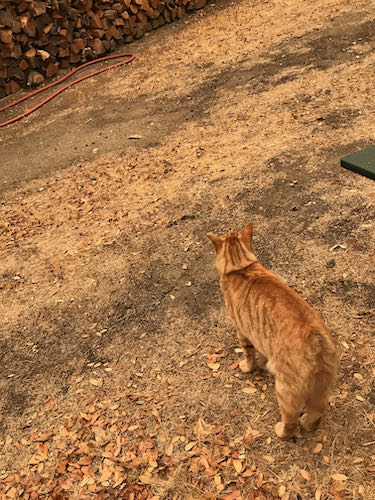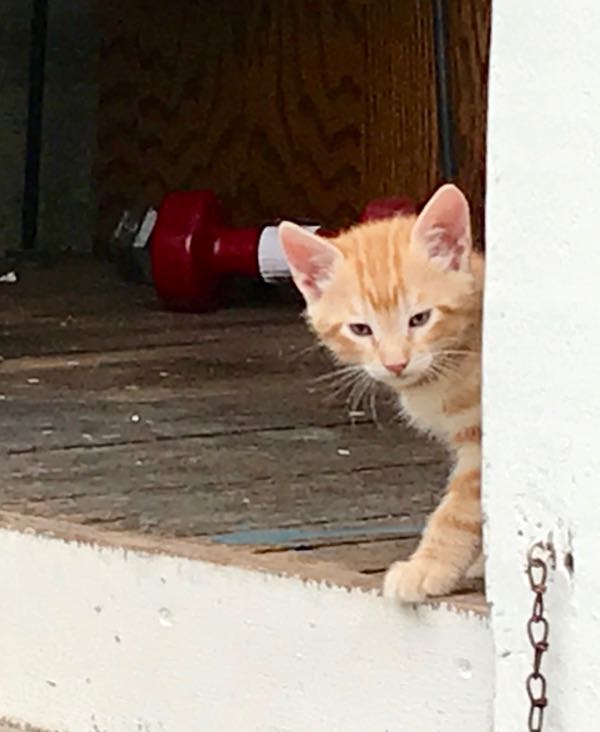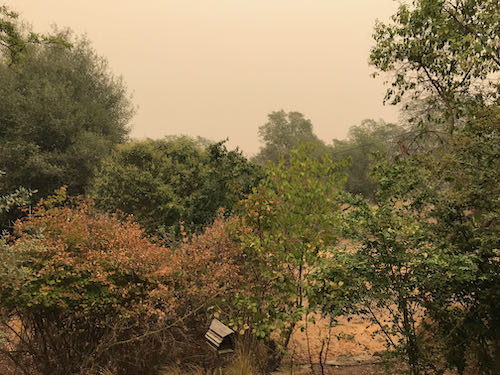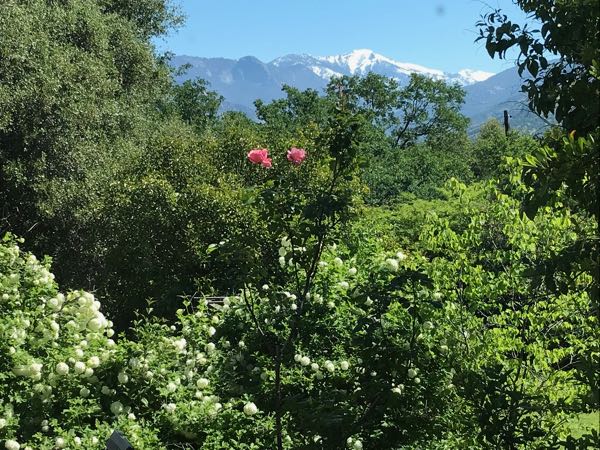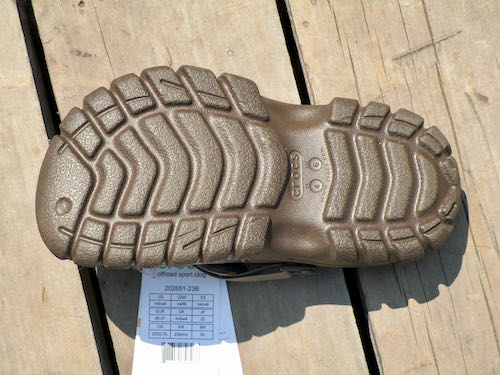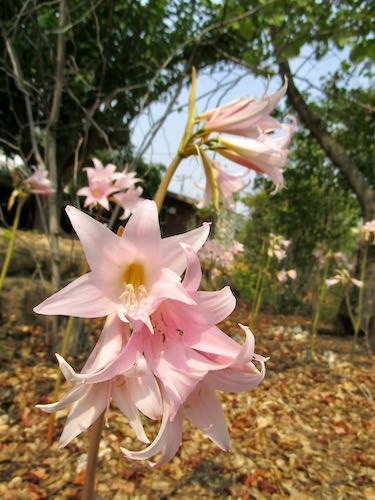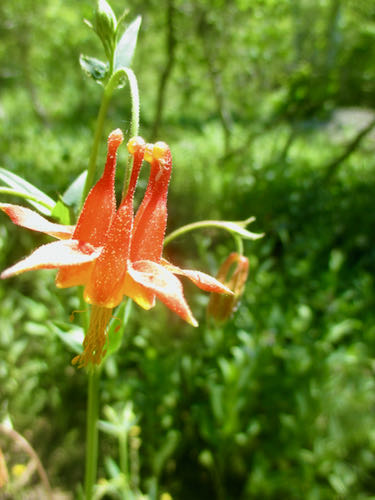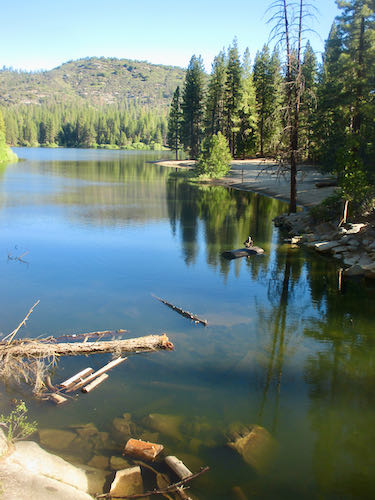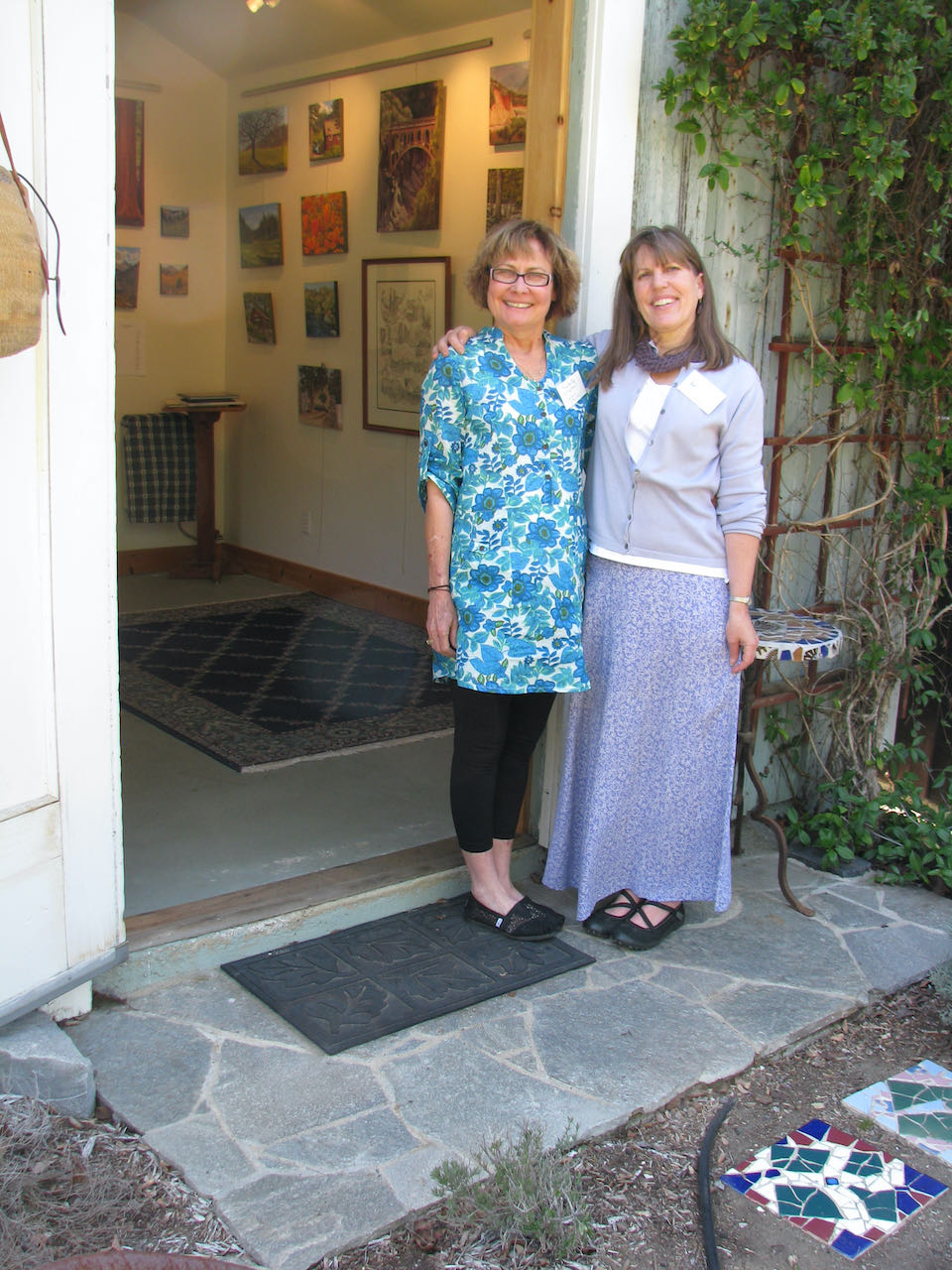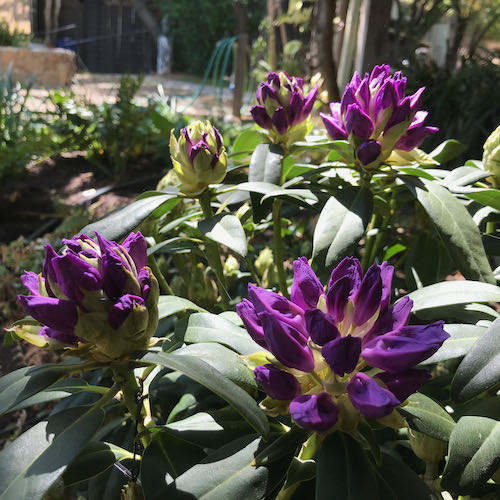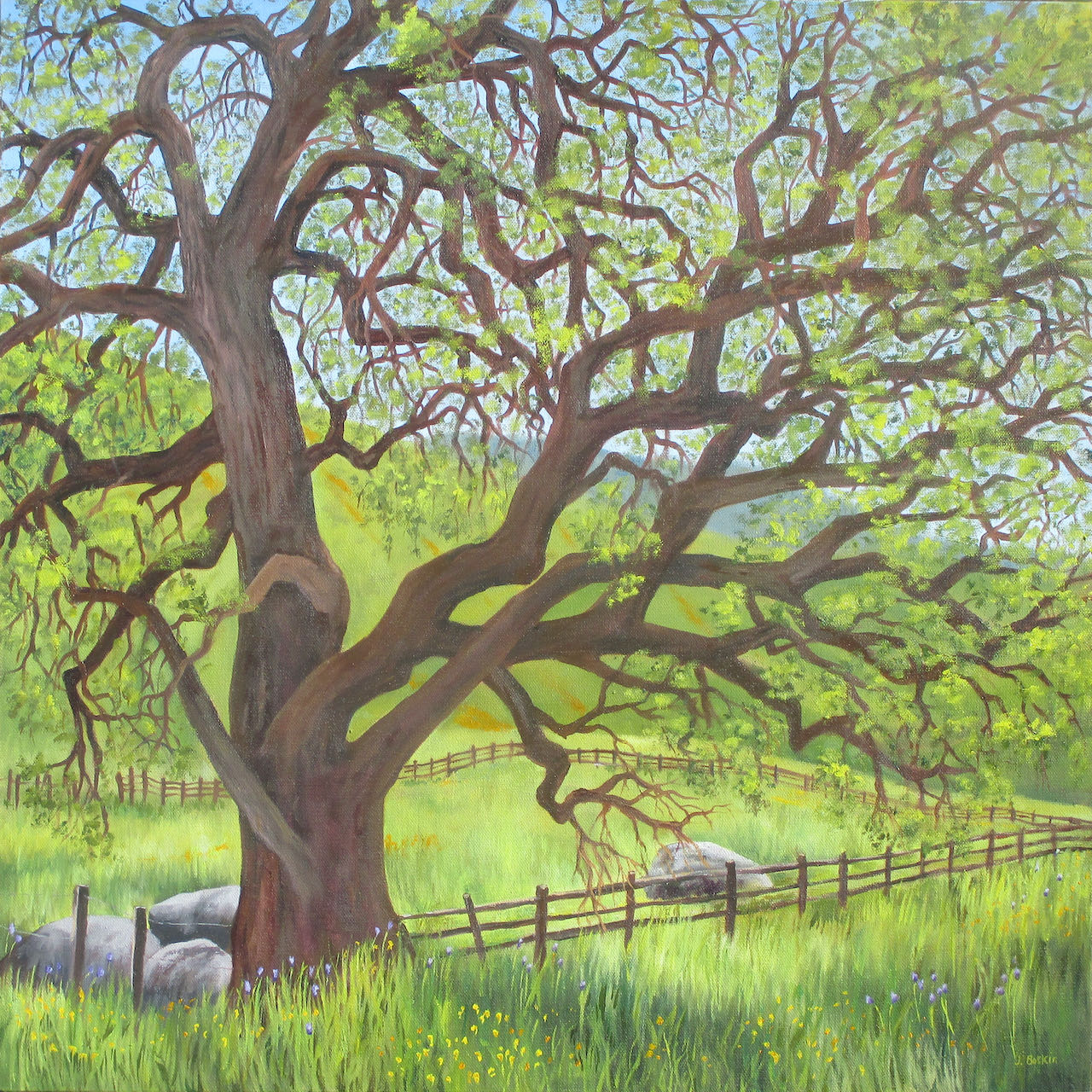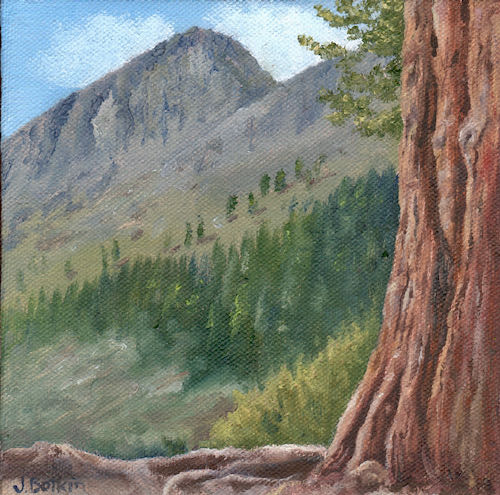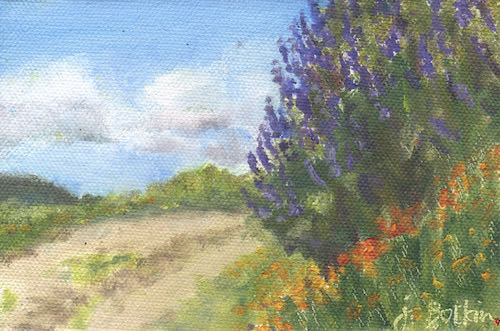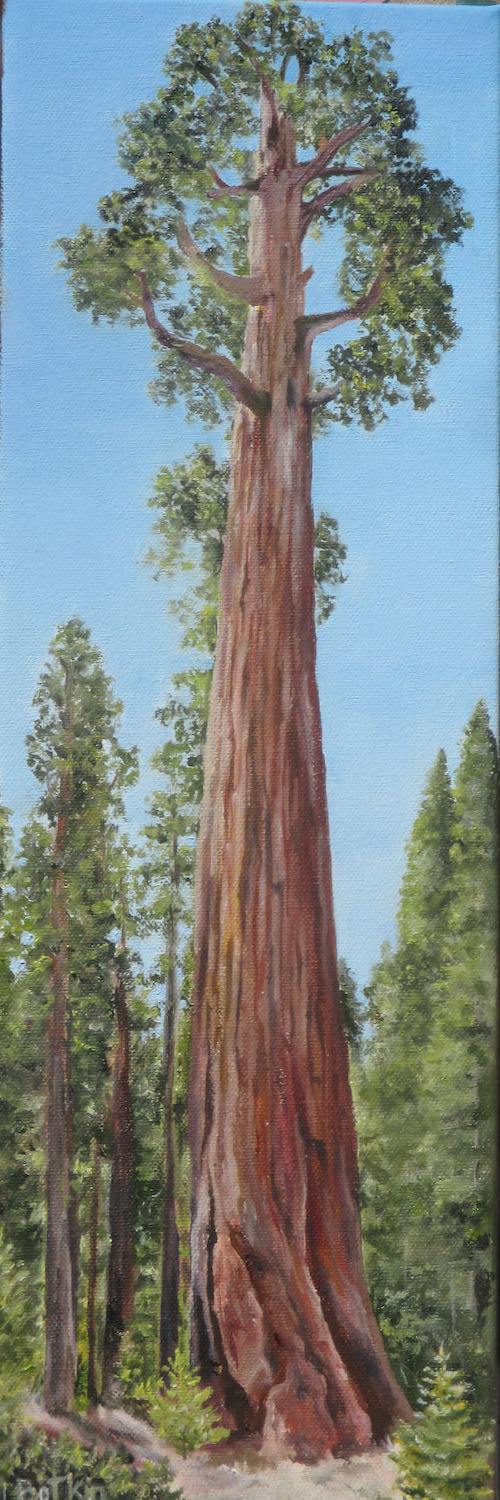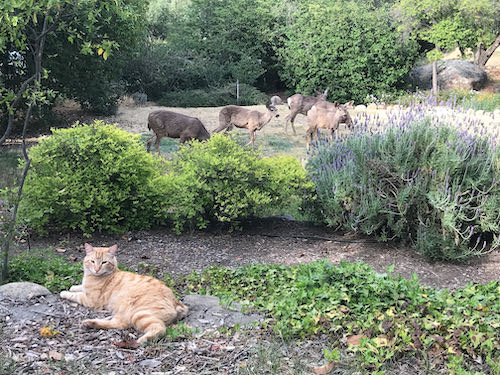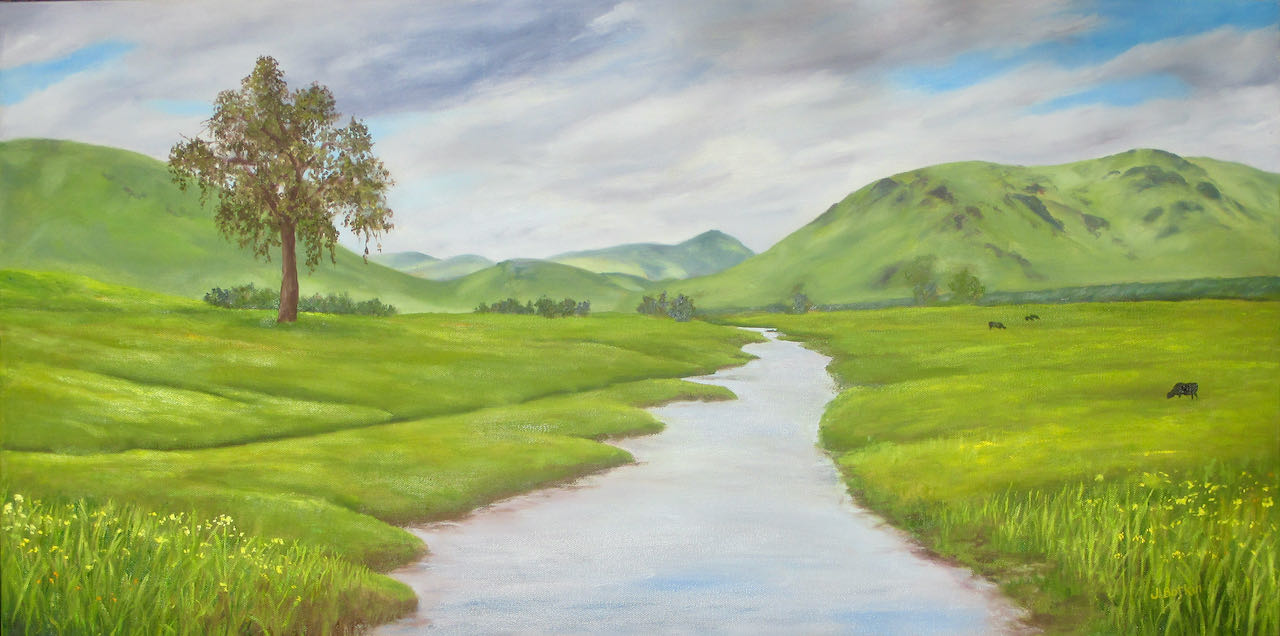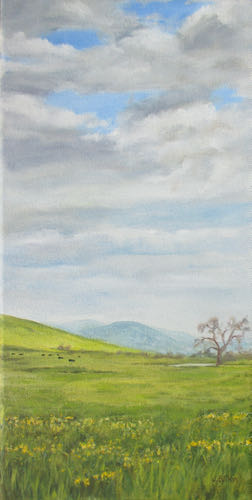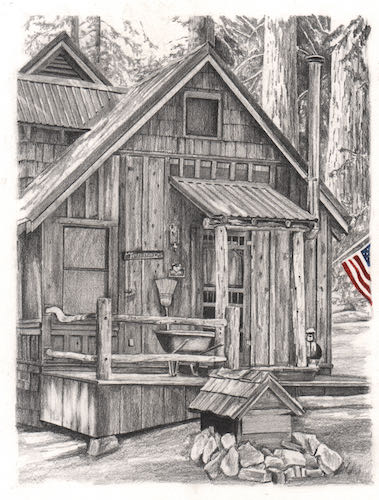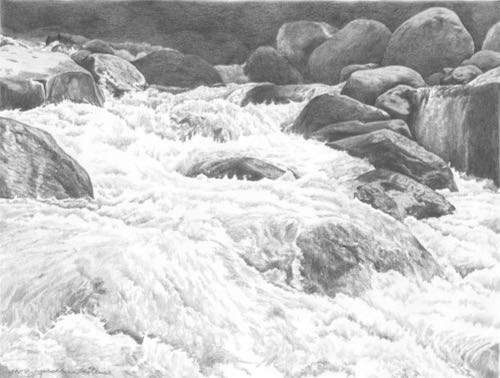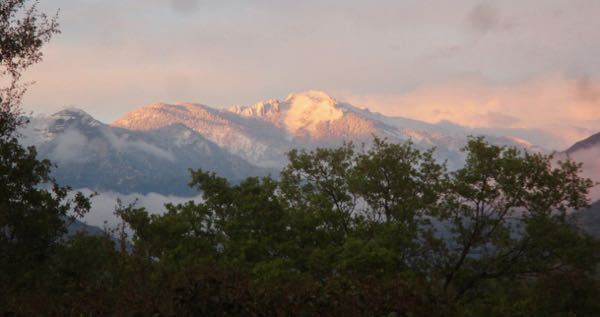“Blog” is a clunky word. It means an online journal, or a “web log”, condensed into the word “blog.
My first web designer showed me how to post to a blog. This was on April 15, 2008, and for awhile, I posted any time that an idea came to me. It was way more fun than I ever expected to have with a computer.
A few years into it, I started chasing down “experts” to learn how to “grow my platform”. I searched for interesting blogs, commented, wrote a few guest posts for other blogs, and even made a few virtual friends. There were formulas to follow about how often to post, how to arrange things, title things, and always end with a question to engage your readers. It took up time that may have been better spent painting or drawing or finding customers and new students. After a few years of this without any noticeable growth in my subscribers, I decided to forget about growing a “platform”. I’d rather grow thyme, rhododendrons, poppies, and maybe a few cucumbers or pumpkins. (Perhaps I am a rogue blogger, along with being a rogue knitter, baker, and painter.)
Now with over 12 years of posting five days a week, mostly about making art and earning a living with unnecessary products in an unlikely place, it is automatic. A handful of people subscribe, mostly friends and relatives, and even a few strangers who have become real friends through the blog over the years. I don’t remember how to check my subscriber list, and it doesn’t really matter. I have no illusions (or delusions) that I will become either the Yarn Harlot or the Pioneer Woman of art. This is just a place for a solo working artist to stay accountable, to write because I seem to have lots to say about what I do, to keep track of what I have accomplished, to gather feedback when working alone threatens to make me even weirder than my sisters think I am, and maybe even to get a commission or a few sales.
I appreciate every single reader of this blog and am particularly thrilled when someone comments. I wish I knew how to thank my readers in a tangible way, but the best way I know is to keep posting, stay quiet about the stuff that divides people, be polite, don’t cuss and resist the pressure to “monetize”. I hate it when people cuss on their blogs, and I hate it when people whose writing I like get rude or political, have pop-up windows that interrupt my reading, have advertising or a begging button, so I will not to go down those dark alleys here.
Thank you for being here with me!
This is how my painting workshop and studio looked when I first started the blog. It was thrilling to have space at home to work and blank places to practice painting murals.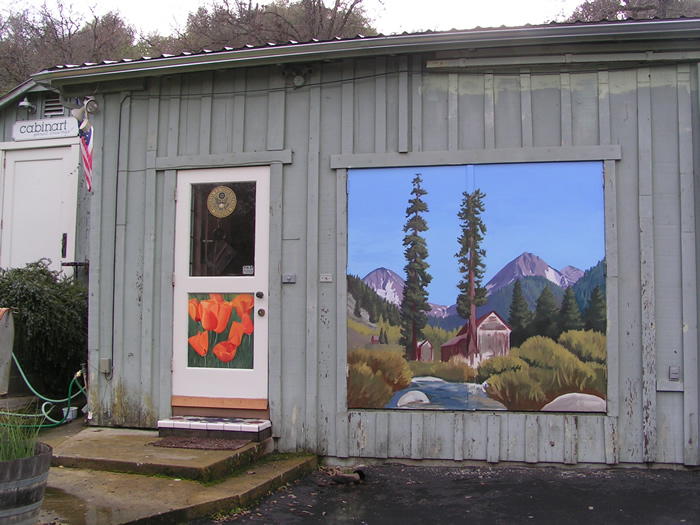
We’ve come a long way.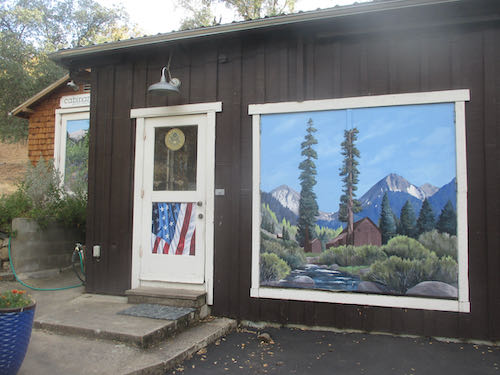
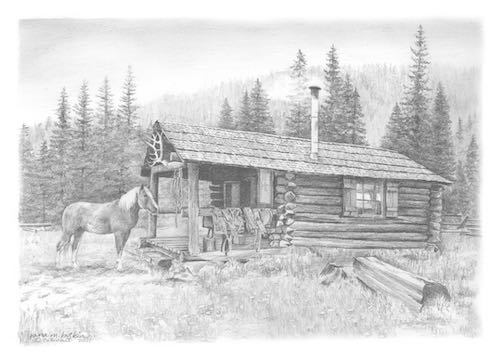

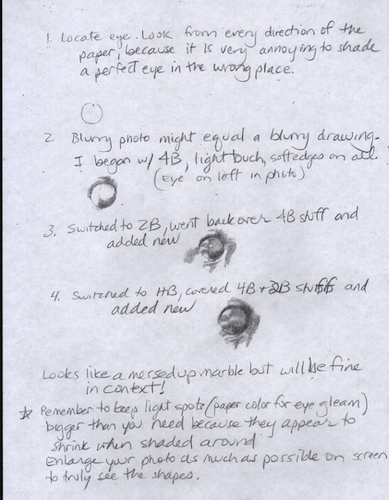
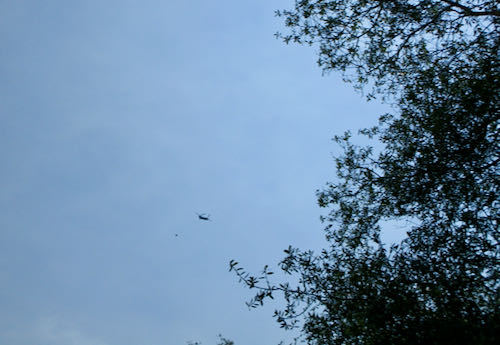
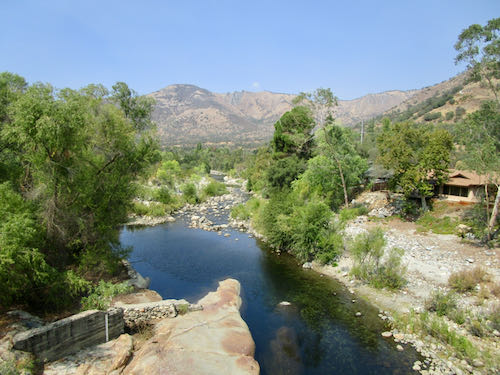
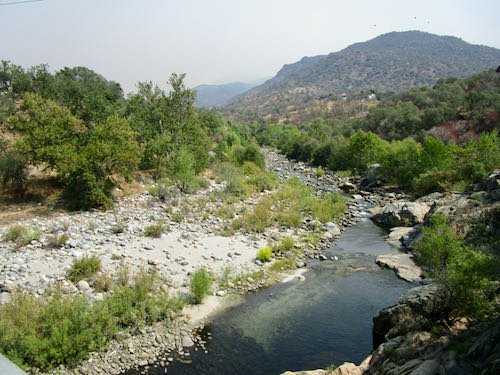
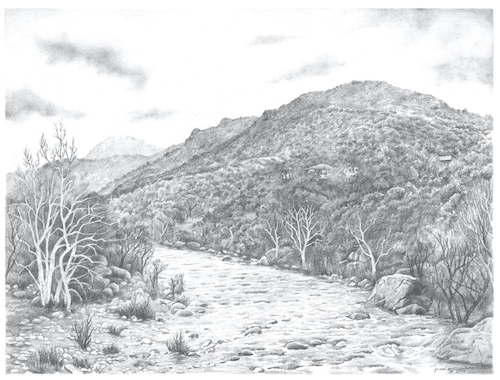
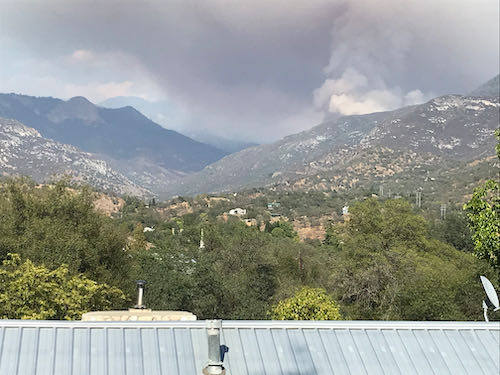
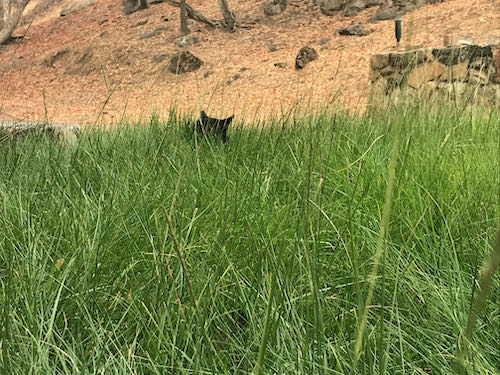
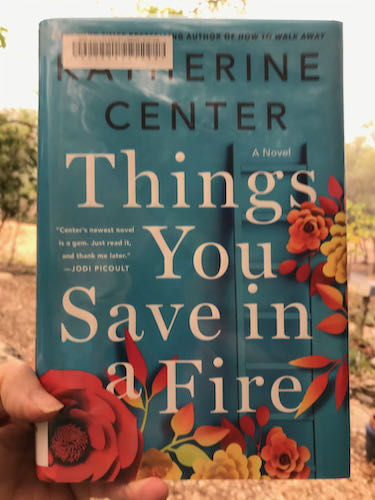
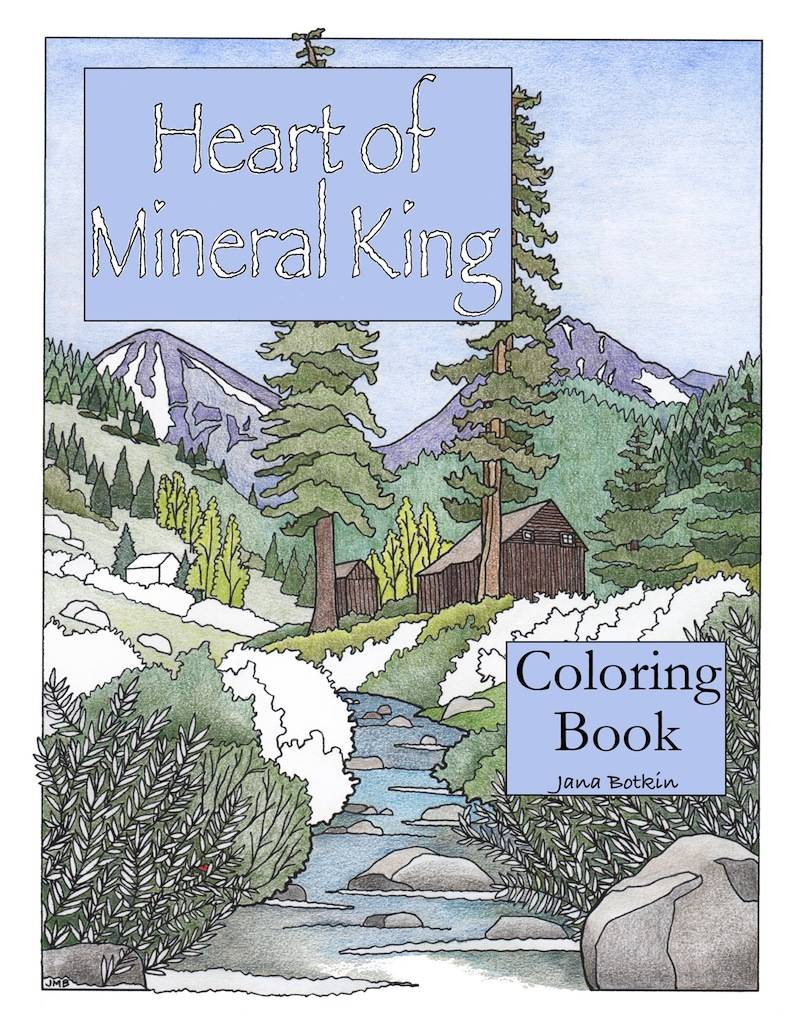

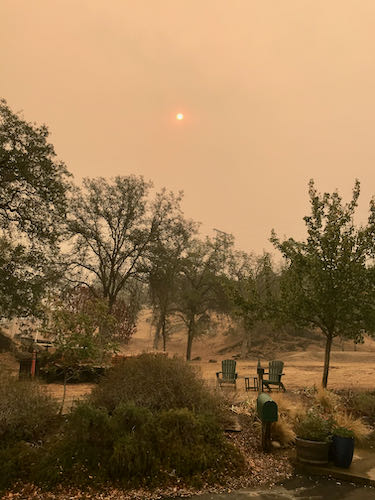
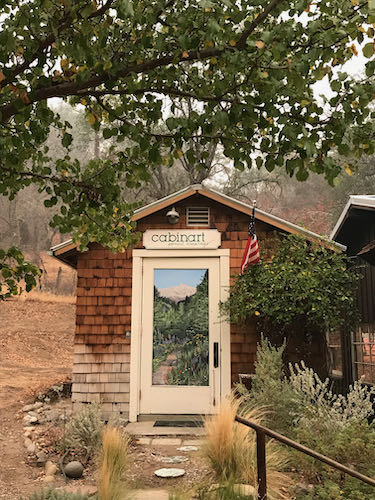 I wonder if there are exceptions, such as getting groceries, going to the dentist, checking on elderly parents, going to work… I’m thankful I get to work from home.
I wonder if there are exceptions, such as getting groceries, going to the dentist, checking on elderly parents, going to work… I’m thankful I get to work from home.